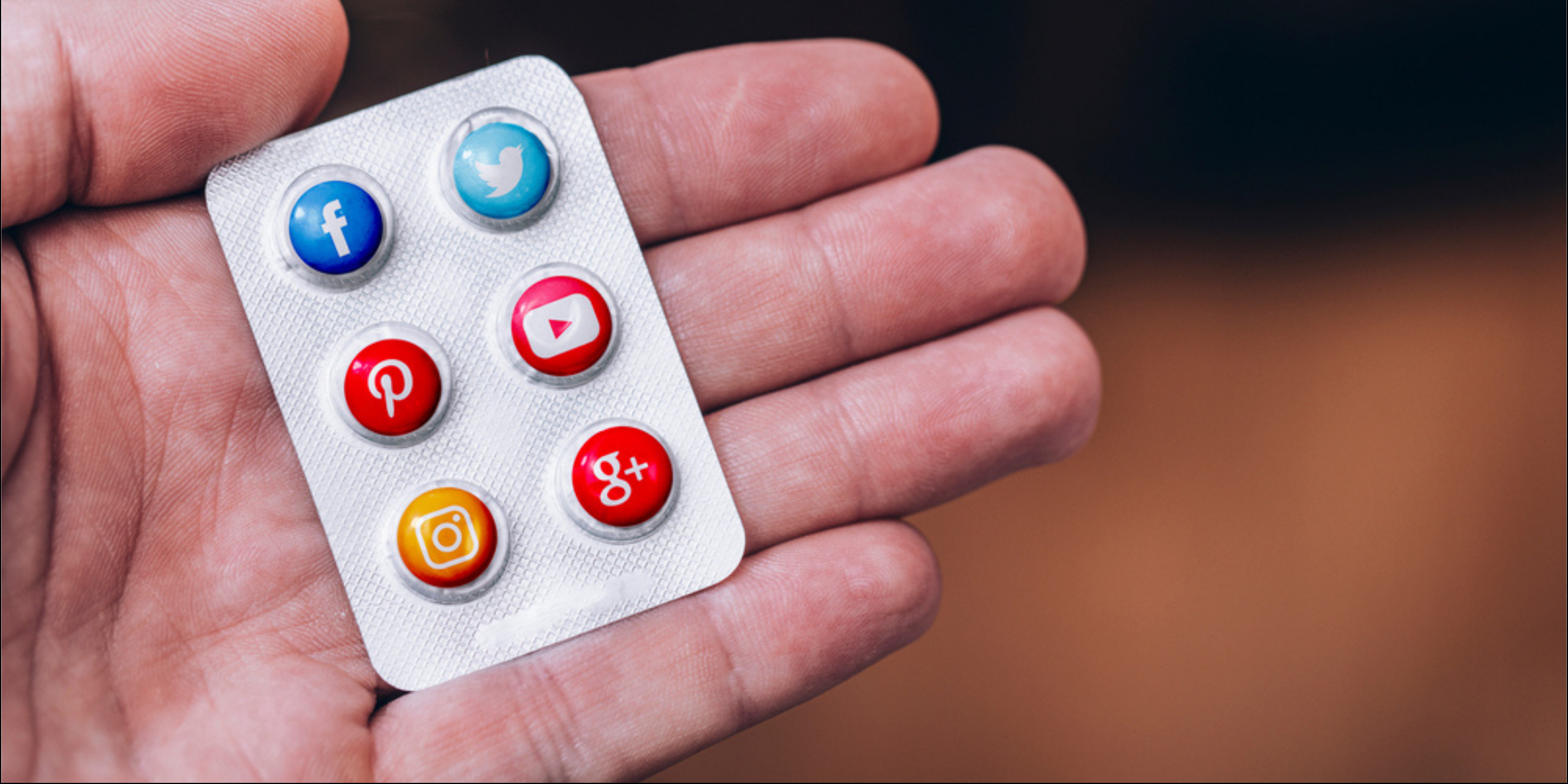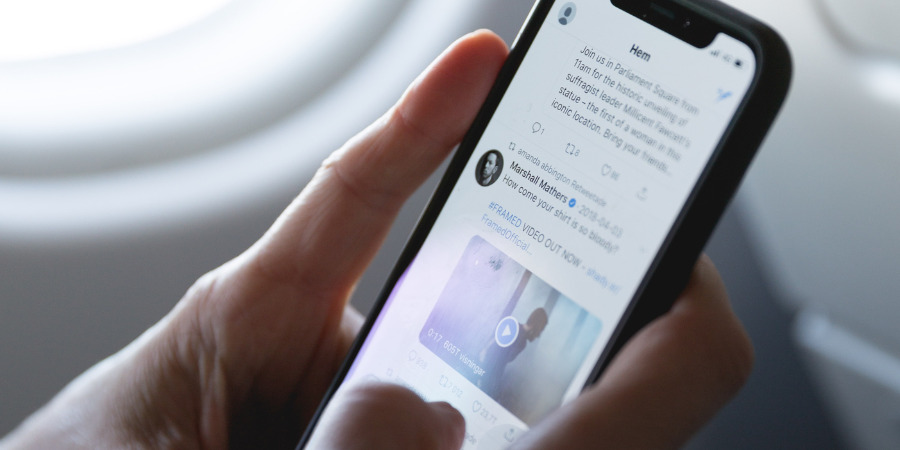Social Media Addiction | Signs, Symptoms and Effects
Social media has woven itself into the fabric of daily life for millions across the UK. On average, people spend over two hours a day scrolling, liking, and sharing, and this habit is only growing. While social media can be a fun way to stay connected, it can also be a slippery slope to addiction. Social media addiction affects around 210 million people globally so understanding the risks is more important than ever. If your feed has taken over your life, we can help you overcome social media addiction and take charge of your screen time.

What is social media addiction?
Social media addiction is a behavioural addiction that can make it impossible to stop using social media despite it creating obvious problems. Because social media is still relatively new, social media addiction hasn’t been studied as much as other conditions and isn’t officially listed in the DSM-V (the guide that professionals use to diagnose mental health conditions).
What we do know, however, is that social media addiction mirrors substance use disorders in some unsettling ways, causing a whole host of issues to your health and personal life. Unfortunately, one of the biggest problems is that social media is everywhere and has become an almost essential part of daily life. This can make disconnecting very difficult if you don’t have professional social media addiction help.
Social media addiction UK
While it is hard to calculate social media addiction UK numbers accurately, we know that there are around 56.2 million social media users nationwide. While not all of these people will become addicted, one study has found that 48% of teenage users think they believe they have a social media addiction. This is a frighteningly high proportion that requires more research and professional support for those affected.
What are the signs of social media addiction?
Recognising social media addiction symptoms isn’t always easy, especially because these days, it seems like we are all glued to our phones. If you feel like your screen time is starting to take over, here are some signs of social media addiction to watch out for:
- Opening social media to kill five minutes and spending hours on there instead.
- Feeling grumpy, anxious or restless when you can’t get on social media.
- Feeling excited when you get a notification but sad or frustrated when your posts don’t get much attention.
- Refreshing your page over and over to see new uploads and content.
- Compulsively checking for updates, likes or messages.
- Using social media as a refuge from stress or to give you a boost when you are feeling down.
- Getting into arguments with concerned friends and family over your social media use.
- Social media is getting in the way of work, school or quality time with your loved ones.
- Making excuses or denying there is a problem to others or yourself.
If these social media addiction symptoms sound like your experiences, you may need professional social media addiction treatment.
What causes social media addiction?
Social media addiction doesn’t happen by accident – it is a complex combination of technological design and human psychology. Here is what drives the cycle:

What are the dangers of social media addiction?
What does social media addiction treatment involve?
Recovery Lighthouse’s social media addiction treatment is designed to reset your life and your relationships with social media. This begins with a digital detox to give your mind and emotions the needed breathing room. It’s your chance to step back, take a deep breath and rediscover what life feels like without the constant buzz of your phone.
Then, it’s time to roll up your sleeves with rehab, where your therapists and counsellors uncover what is fueling your social media addiction. Is it the need to escape, a craving for validation or a coping mechanism for anxiety or loneliness? With professional guidance, you will tackle these challenges head-on so you can live without relying on a digital safety net.
When it’s time to return to the world, we will continue to support you as you make that tricky transition. With free weekly group therapy sessions for a year and lifelong membership to our Alumni Network, you will have all the social media addiction resources you need to stay the course.
Begin social media addiction treatment today
Are you tired of living life through a screen? At Recovery Lighthouse, we will help you break the grip of social media and rediscover what truly matters. Our social media addiction treatment programme will give you the tools to unplug and reconnect – with yourself, your loved ones and the world around you. Don’t let another day slip by – contact us today.
Frequently Asked Questions
(Click here to see works cited)
- UK Rehab. “Social-Media Addiction | Causes, Symptoms and Diagnosis.” UK Rehab, https://www.uk-rehab.com/behavioural-addiction/social-media/. Accessed 6 December 2024.
- UK Rehab. “Behavioural Addiction | Causes, Symptoms and Diagnosis.” UK Rehab, https://www.uk-rehab.com/behavioural-addiction/. Accessed 6 December 2024.
- Dixon, Stacy Jo. “Social media penetration UK 2024.” Statista, 25 March 2024, https://www.statista.com/statistics/507405/uk-active-social-media-and-mobile-social-media-users/. Accessed 6 December 2024.
- Firth, Joseph et al. “The “online brain”: how the Internet may be changing our cognition.” World psychiatry : official journal of the World Psychiatric Association (WPA) vol. 18,2 (2019): 119-129. doi:10.1002/wps.20617. Accessed 6 December 2024.
- Royal Society for Public Health. “#StatusOfMind: Social media and young people’s mental health and wellbeing.” Royal Society for Public Health, https://www.rsph.org.uk/static/uploaded/d125b27c-0b62-41c5-a2c0155a8887cd01.pdf. Accessed 6 December 2024.



